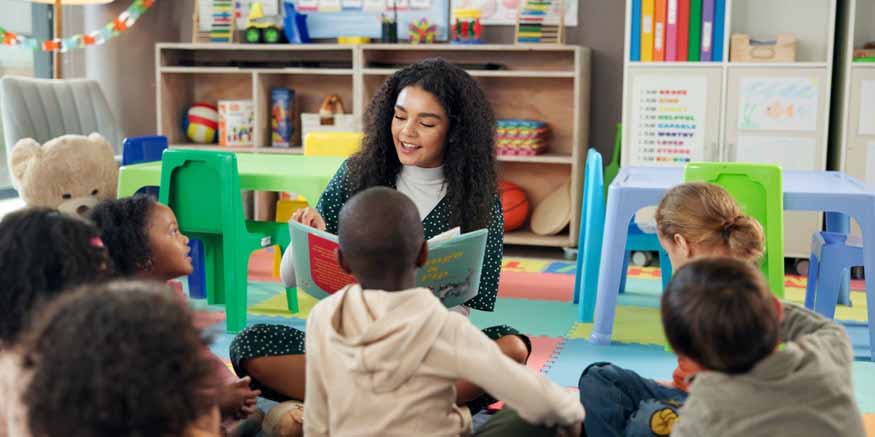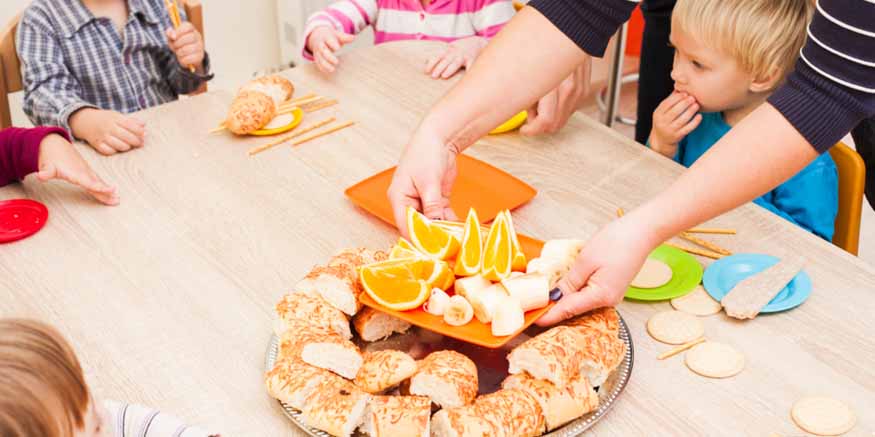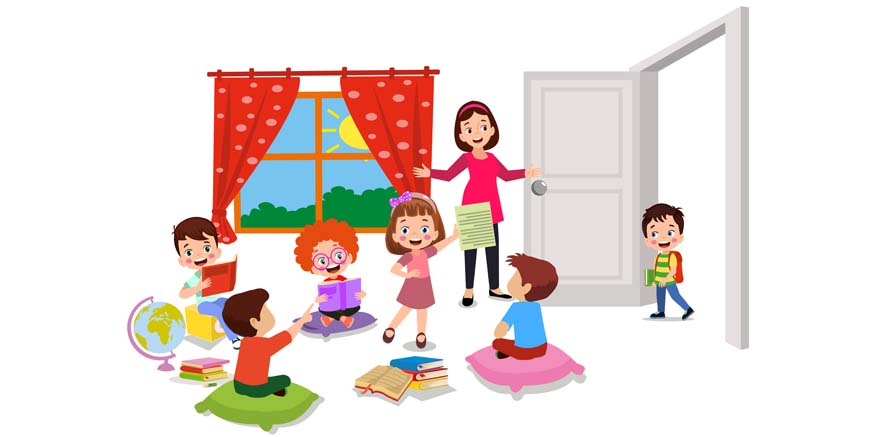Nursery rhymes have been around for centuries, captivating young children with their catchy rhythms and delightful rhymes. While they may seem simple, these verses play a powerful role in helping children develop essential skills. From language growth to emotional well-being, nursery rhymes provide a strong foundation for a child’s educational journey. Let’s explore the various ways nursery rhymes support children’s progress.
Language and Vocabulary Growth
Nursery rhymes introduce children to foundational language skills in a fun, memorable way. Their catchy phrases and repeating patterns help children absorb new words and sounds, enriching their vocabulary early on. Familiar rhymes like “Twinkle, Twinkle, Little Star” make learning engaging, reinforcing word recognition and pronunciation. The rhyme and rhythm also support phonemic awareness, which is crucial for reading development, as children learn to understand how sounds form words.
Boosting Listening Skills
The structure of nursery rhymes encourages children to listen actively, paying attention to each word and sound. This process teaches them to concentrate on language nuances and listen for patterns. As they follow the flow and rhythm, children develop greater focus and an improved ability to listen carefully—a skill that becomes vital for classroom learning and understanding instructions. Nursery rhymes introduce a way for children to practice patience and attentiveness, strengthening their listening comprehension.
Improving Memory and Cognitive Skills
Memorising nursery rhymes gives children a fun way to strengthen their memory and cognitive abilities. Remembering verses, rhythms, and sequences improves recall and aids in organising information logically. This type of memorisation supports skills they’ll need in school, such as recalling instructions or understanding sequences. Additionally, rhymes encourage children to recognise and predict patterns, which enhances problem-solving skills and helps them understand order and organisation.
Building Emotional and Social Skills
Nursery rhymes often include stories that convey different emotions, such as joy, sadness, or excitement. This emotional variety helps children identify and express feelings in relatable ways, enhancing their emotional understanding. Sharing rhymes in groups, like singing along with friends or family, also fosters social skills. Reciting rhymes together encourages turn-taking, active listening, and collaborative participation, helping children become more comfortable interacting in social settings.
Enhancing Rhythm and Motor Skills
Many nursery rhymes are paired with actions—like clapping or tapping—that encourage physical activity, which is essential for motor skill development. Actions performed in sync with rhymes help children coordinate their movements with language sounds, enhancing physical rhythm and control. This supports fine and gross motor skills, as children practice body awareness through movement, balance, and timing, which lays a strong foundation for later physical activities and coordination.
Early Exposure to Numbers and Counting
Nursery rhymes frequently introduce numbers and counting, helping children enjoyably develop basic maths skills. Rhymes like “Five Little Monkeys” or “One, Two, Buckle My Shoe” use numbers sequentially, familiarising children with counting and simple maths concepts. This early exposure builds a sense of quantity and order, fostering skills that prepare them for more formal maths education.
Encouraging Imagination and Creativity
Rhymes often feature whimsical stories and characters, such as a cow jumping over the moon or a spider climbing a waterspout. These vivid scenarios spark children’s imagination, encouraging them to think creatively and explore possibilities beyond their everyday experiences. Engaging with imaginative content also encourages storytelling, as children begin to understand narrative structure, plot, and character development, which helps with creative thinking and expression.
Connecting to Culture and Tradition
Nursery rhymes are often passed down through generations, connecting children to cultural stories, traditions, and historical contexts. Learning rhymes that have been shared by previous generations fosters a sense of cultural continuity, helping children appreciate their heritage. Through nursery rhymes, children can explore values, language styles, and traditions, which contribute to their sense of identity and cultural awareness.
Conclusion
Nursery rhymes are a delightful way for children to learn language, develop social skills, and nurture creativity. They are an important part of early childhood development, offering a simple yet impactful way for children to grow and learn. Mothers Pet Kindergarten (MPK) recognises the benefits of nursery rhymes in children’s education and incorporates them into daily routines to make learning fun and meaningful. At MPK, nursery rhymes are a cherished part of the curriculum, enriching each child’s experience as they explore language, rhythm, and imagination in a joyful environment.













Recent Comments